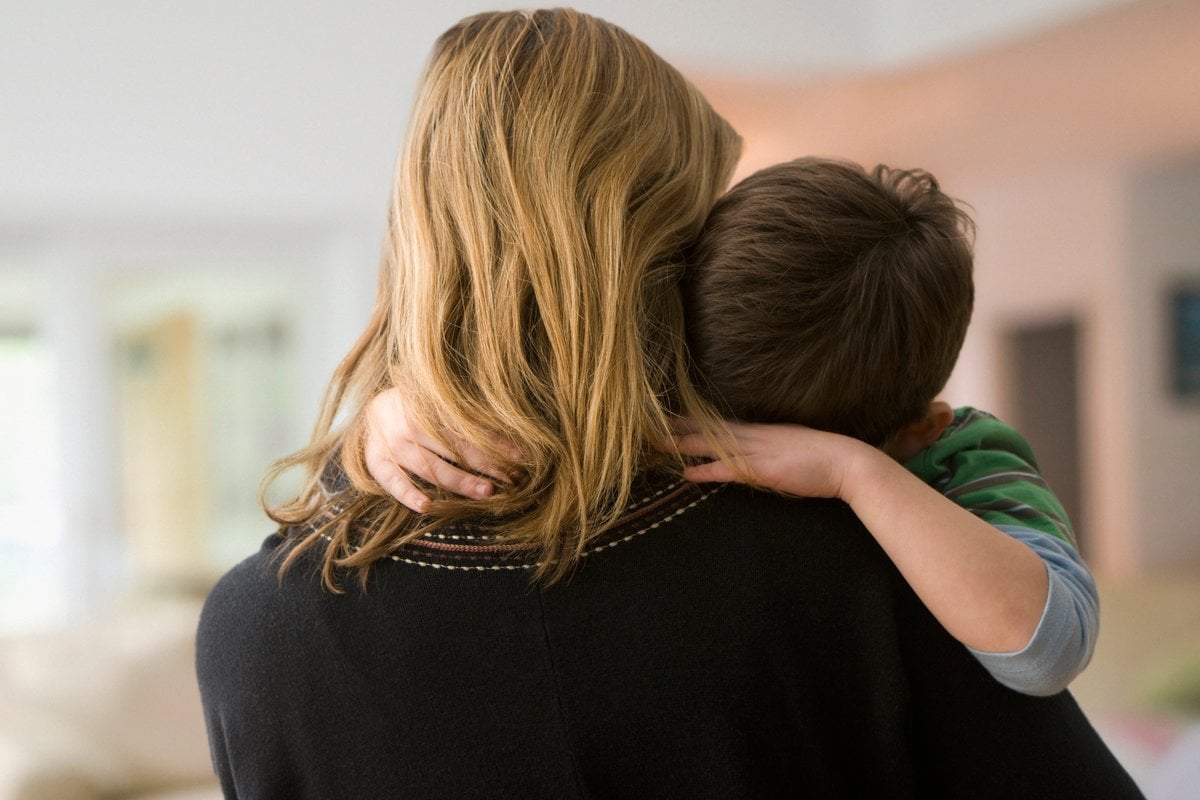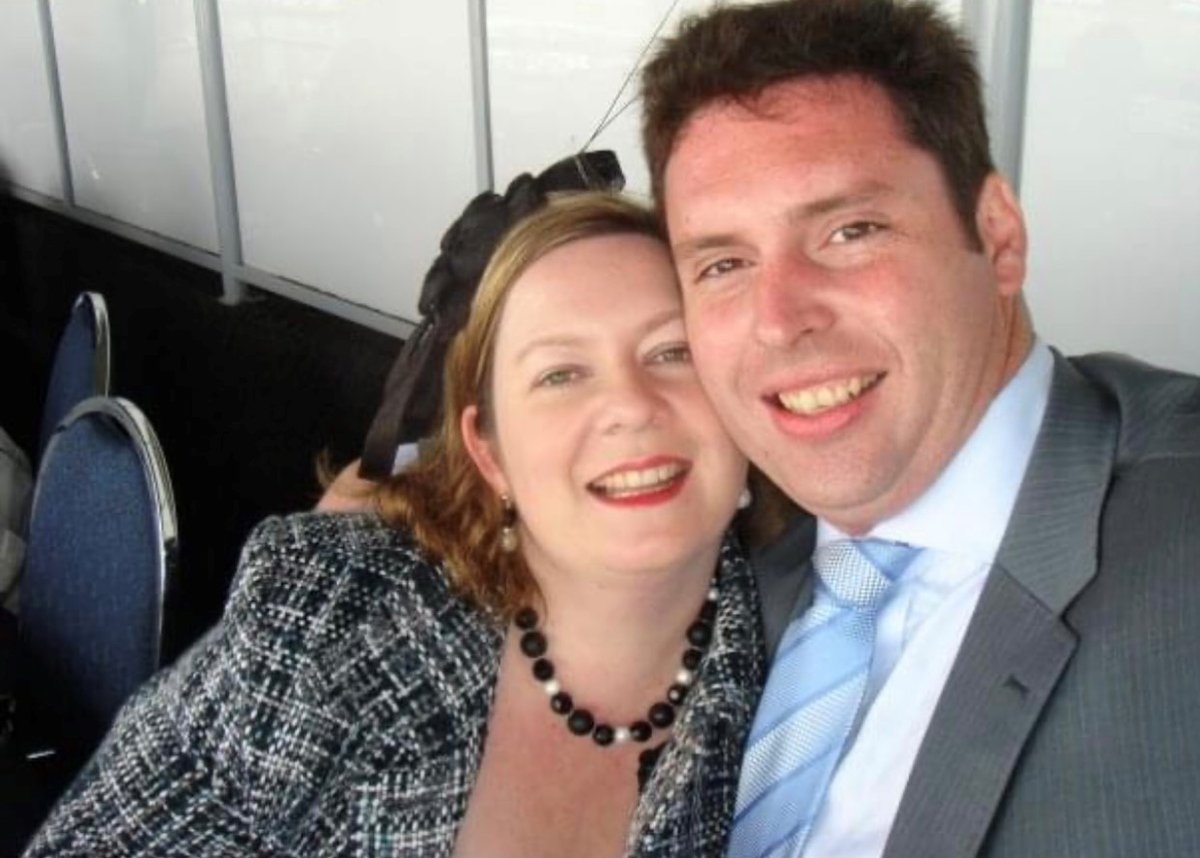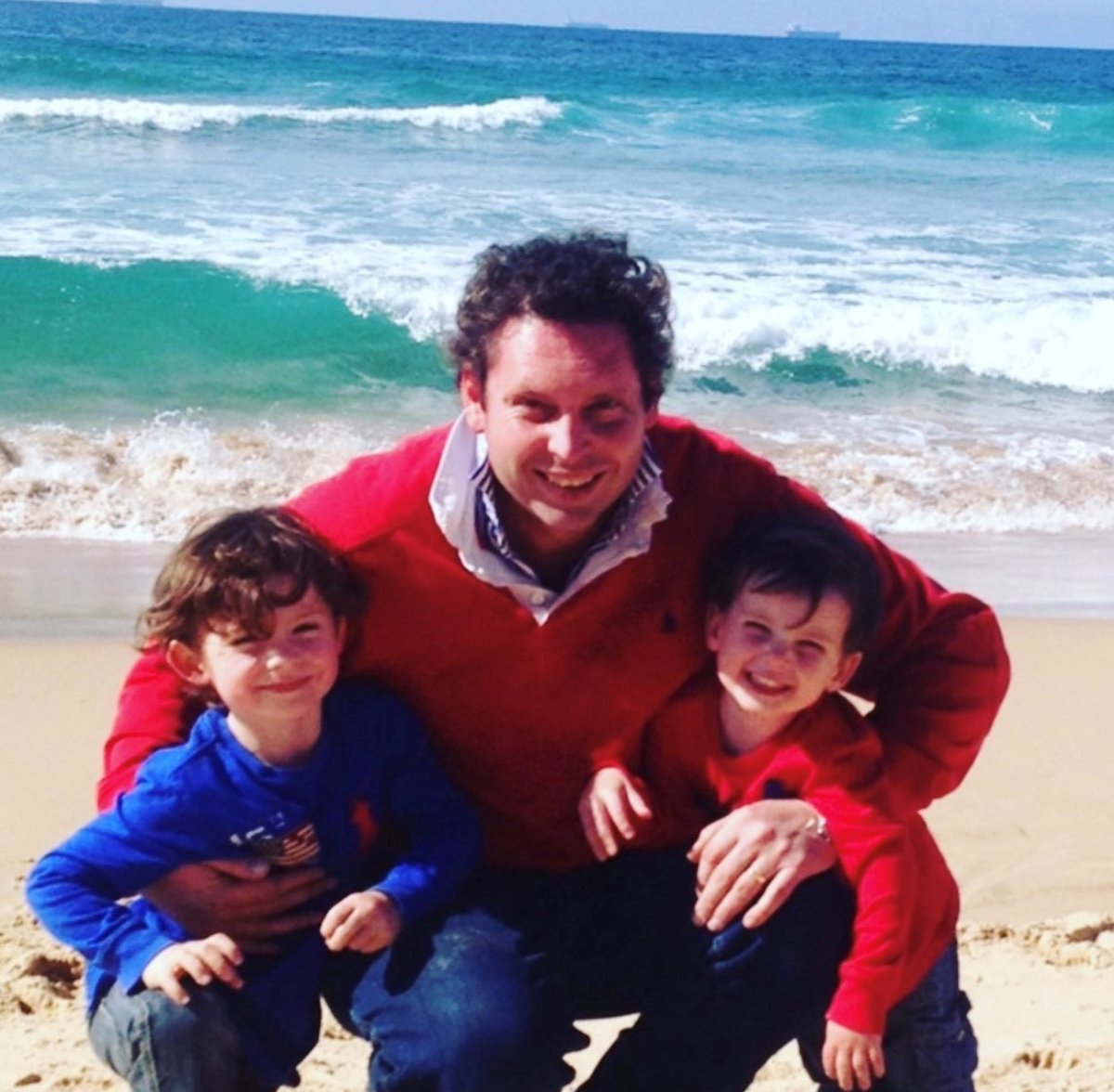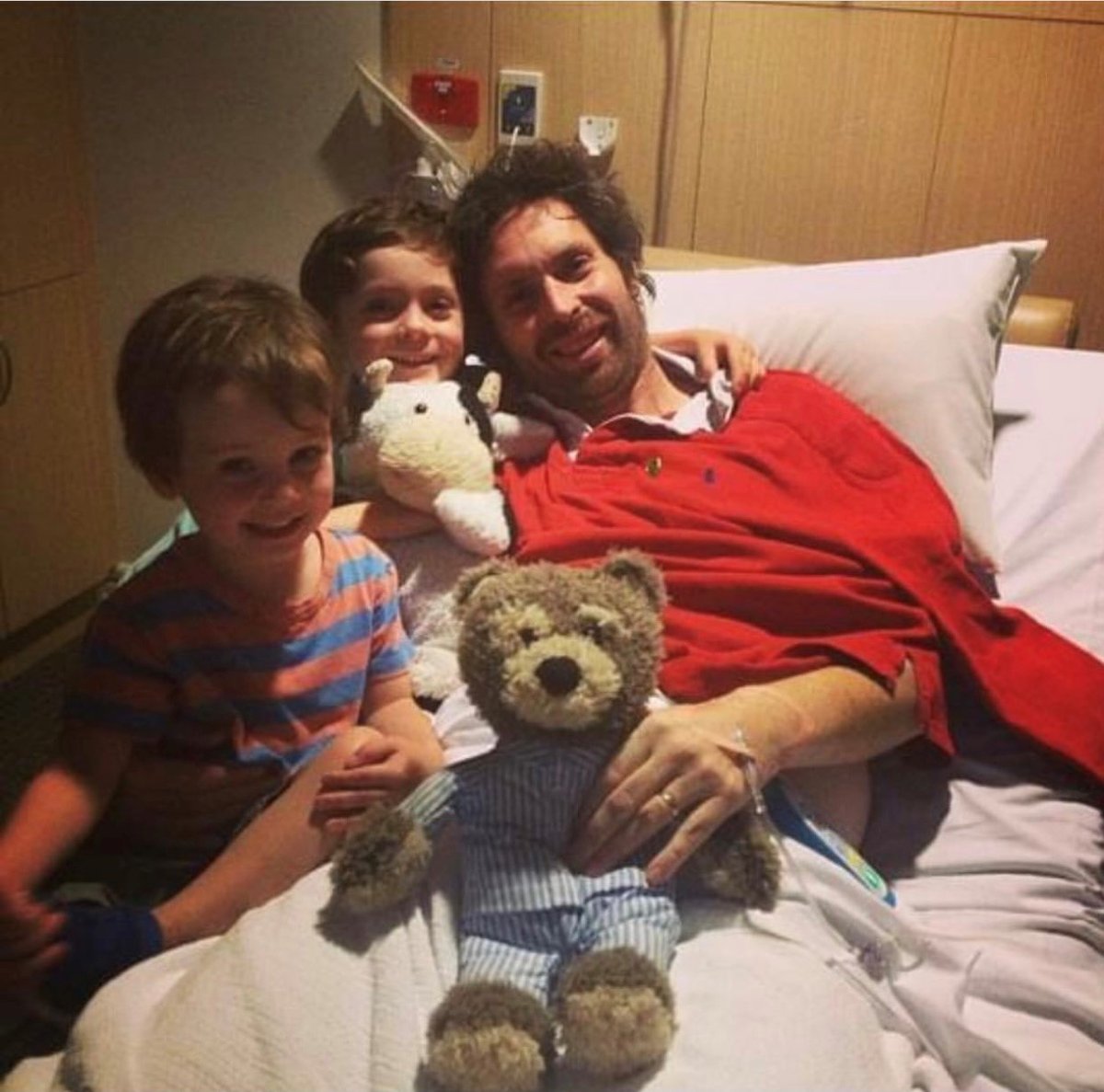
Over a 10-year period, Rechelle Leahy said goodbye to her mum, her nan and her beloved husband all to cancer.
It was out of this lived experience of grief and loss that Rechelle has become passionate about how we talk to children about death, and how we plan for our own deaths while we are still alive.
Rechelle was 30 when her mum was diagnosed with Leukemia. They thought she had time.
Watch: Robin Bailey shares what life was like growing up without a father. Post continues below.
Just six short weeks later, Rechelle found herself scrambling in the middle of the night to find the documents she needed, that she knew existed because she and her mother had discussed what she wanted, should she not be able to speak for herself when the time came at the end of her life.
The doctors needed to see her mother’s explicit treatment instructions, that they had to legally follow even though Rechelle knew the result of finding these documents would be her mum dying too soon.
In 2013, Rechelle was faced with the unimaginable again when Allistair, her husband and father to her two small sons, was diagnosed with stage 4 colon cancer.




